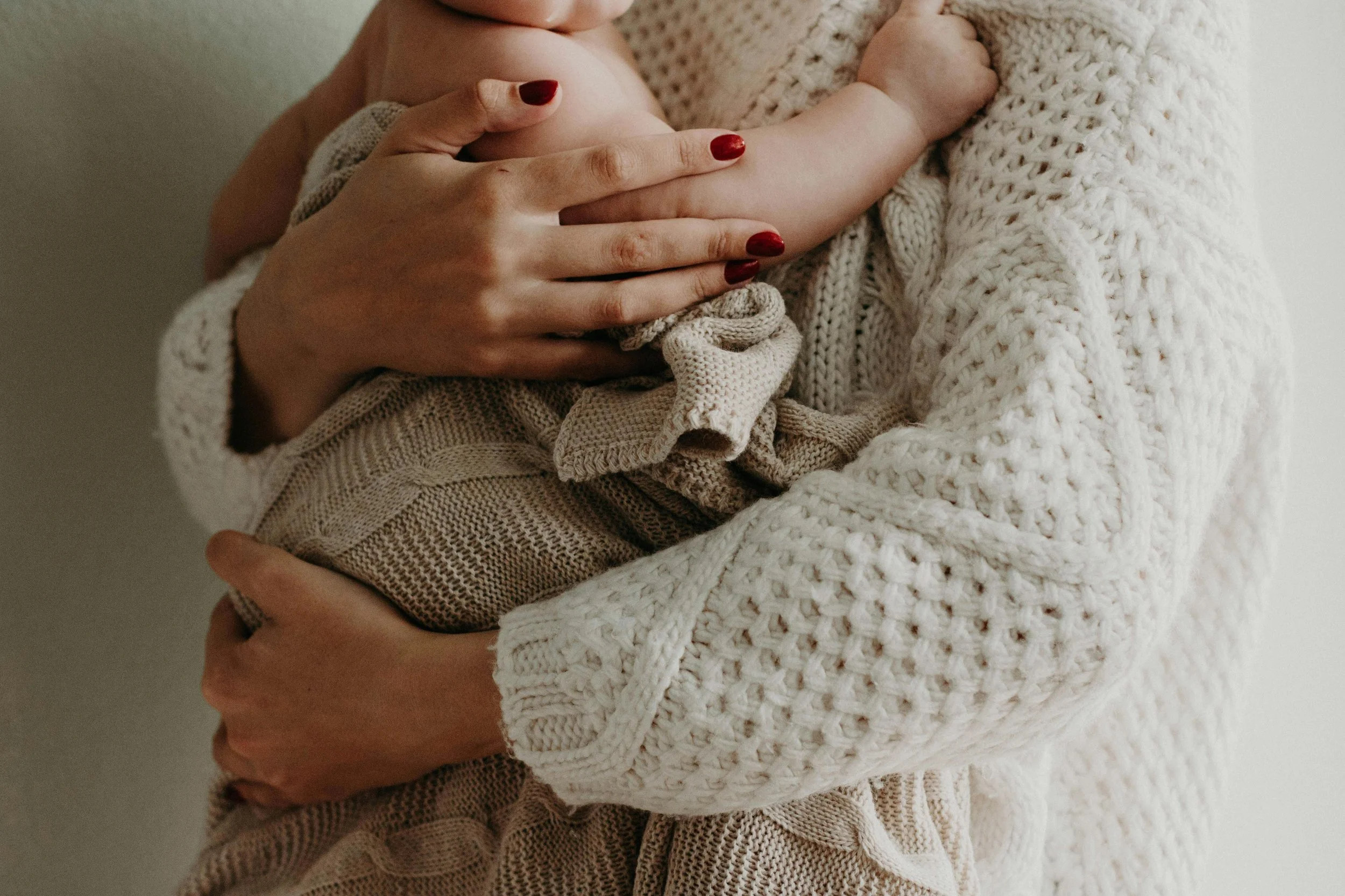Matrescence: The Psychology of Becoming a Mother
Mother and baby
Matrescence: The Psychology of Becoming a Mother
Before I became a mother, I had no idea there was a word for what I was going through. I knew my body would change — I’d read all about birth, feeding and baby sleep routines. But no one warned me that I might feel like a stranger to myself. That my sense of identity would stretch and shift just as much as my skin had during pregnancy.
That word — the one I wish I’d known sooner — is matrescence.
What Is Matrescence?
Matrescence is the transition a woman experiences as she becomes a mother — physically, emotionally, hormonally, socially and psychologically. Coined by anthropologist Dana Raphael in the 1970s, the term has gained attention in recent years, particularly through the work of psychologist Dr Aurélie Athan at Columbia University.
It’s often compared to adolescence. Not because it’s immature — but because, like adolescence, it’s a profound transformation. Hormones surge. Identity is questioned. Relationships shift. A whole new sense of self begins to form.
My Experience of Matrescence
For me, matrescence felt like a quiet unraveling — and eventually, a rebuilding.
After giving birth, I didn’t just become “mum”. I also became unsure. I second-guessed everything — my instincts, my choices, even my ability to cope. I grieved the version of me who could decide at the last minute to go to a restaurant or pub with friends. I felt guilty for missing that freedom, and guilty again for not loving every single moment of motherhood.
And slowly — slowly — I started to rebuild. New parts of me emerged: fierce protectiveness, deeper empathy, and a kind of strength I didn’t know I had. But it took time. And it’s still taking time.
The Science Behind the Shift
What I felt wasn’t just in my head — science confirms that motherhood brings real, measurable changes to the brain and body.
Brain Changes: A 2016 study published in Nature Neuroscience found that pregnancy and the postpartum period lead to long-lasting changes in brain structure. Areas associated with empathy, social interaction and emotional regulation actually become more active — helping mothers bond and respond to their babies’ needs.
Hormonal Shifts: After birth, levels of oestrogen and progesterone drop sharply, while oxytocin (often called the “love hormone”) rises. These hormonal changes contribute to bonding — but can also heighten emotional sensitivity and anxiety.
Psychological Impact: Dr Alexandra Sacks, a psychiatrist who’s helped popularise the concept of matrescence, describes it as a "developmental stage" — one that’s deeply normal, but often misunderstood or unspoken. Because it’s not officially recognised in medical diagnoses, many mothers feel confused or ashamed by the intensity of their emotional and identity shifts.
Why Talking About Matrescence Matters
When we don’t talk about matrescence, mothers suffer in silence. We assume something is wrong with us — rather than recognising that this is a natural part of the transition into motherhood.
But when we do talk about it, we realise we’re not alone. That it’s okay to grieve the old version of yourself while still loving your baby with your whole heart. That becoming a mother is both an ending and a beginning.
You’re Not Lost — You’re Becoming
Matrescence isn’t about losing who you were. It’s about expanding into someone new. It’s messy. It’s emotional. And it’s powerful.
So if you’re in the thick of it — wondering who you are now, questioning why it all feels so hard — please know this: you’re not broken. You’re becoming.
And that, in itself, is a kind of magic.


